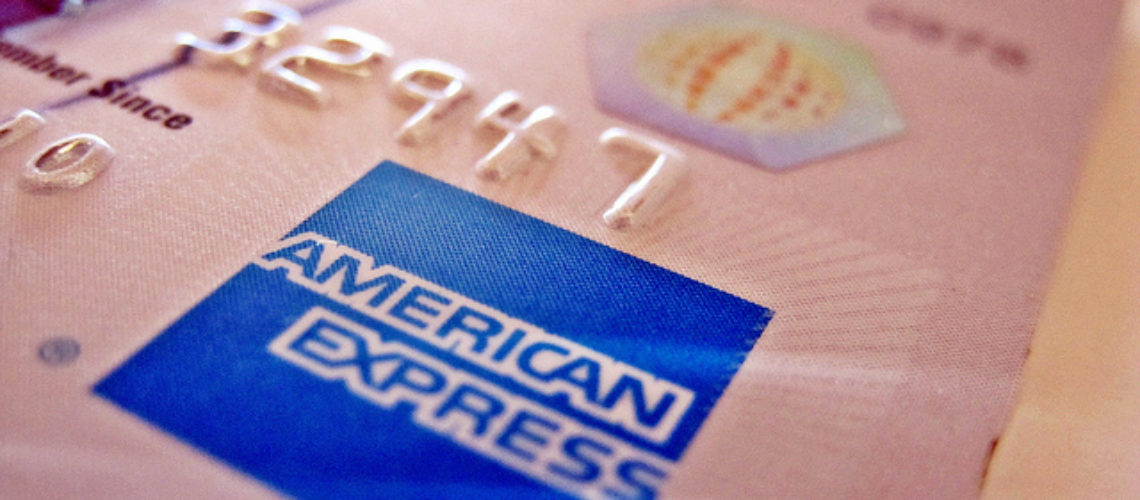American Express customers have just become a target for cybercriminals who are sending out fraudulent emails containing an alert for a suspicious recent transaction.
Unlike the usual phishing scams which are often negligently prepared by attackers, this one is carefully crafted and looks pretty close to what a real warning email by American Express would look like. Most importantly, the content of the email states that a suspicious recent transaction has occurred. What a better way to get the victims’ attention than to scare them into believing that they have been wrongfully charged, and that they actually have an option to decline the charge by clicking the provided link?
How Does the American Express Phishing Scam Look Like?
The full content of the fraudulent American Express email, according to OnlineThreatAlerts.com, is as follows:
お客様各位:
We are writing to you because we need to speak with you regarding a security concern on your American Express. Our records indicate that you recently used your American Express card on March 25, 2015.
For your security, new charges on the accounts listed above may be declined. If applicable, you should advise any Additional Card Member(S) on your account that their new charges may also be declined.
To secure your account, please click log on to : <link removed>
Your prompt response regarding this matter is appreciated.
Sincerely,
American Express
What Happens When You Click the Link to Decline the Suspicious Charges?
It takes you to a credential-harvesting website. In other words, you will be asked to fill out your American Express credentials in order to “authenticate” yourself. The details you need to provide include logins as well as personal and financial information such as:
- Your card number
- CVV (card verification code)
- Expiration date
- Date of birth
- Social security number
Regardless of how well-crafted the email is, you should note that a real email by your bank will contain your name. また, your bank will never ask you to fill out sensitive data in an online form.

